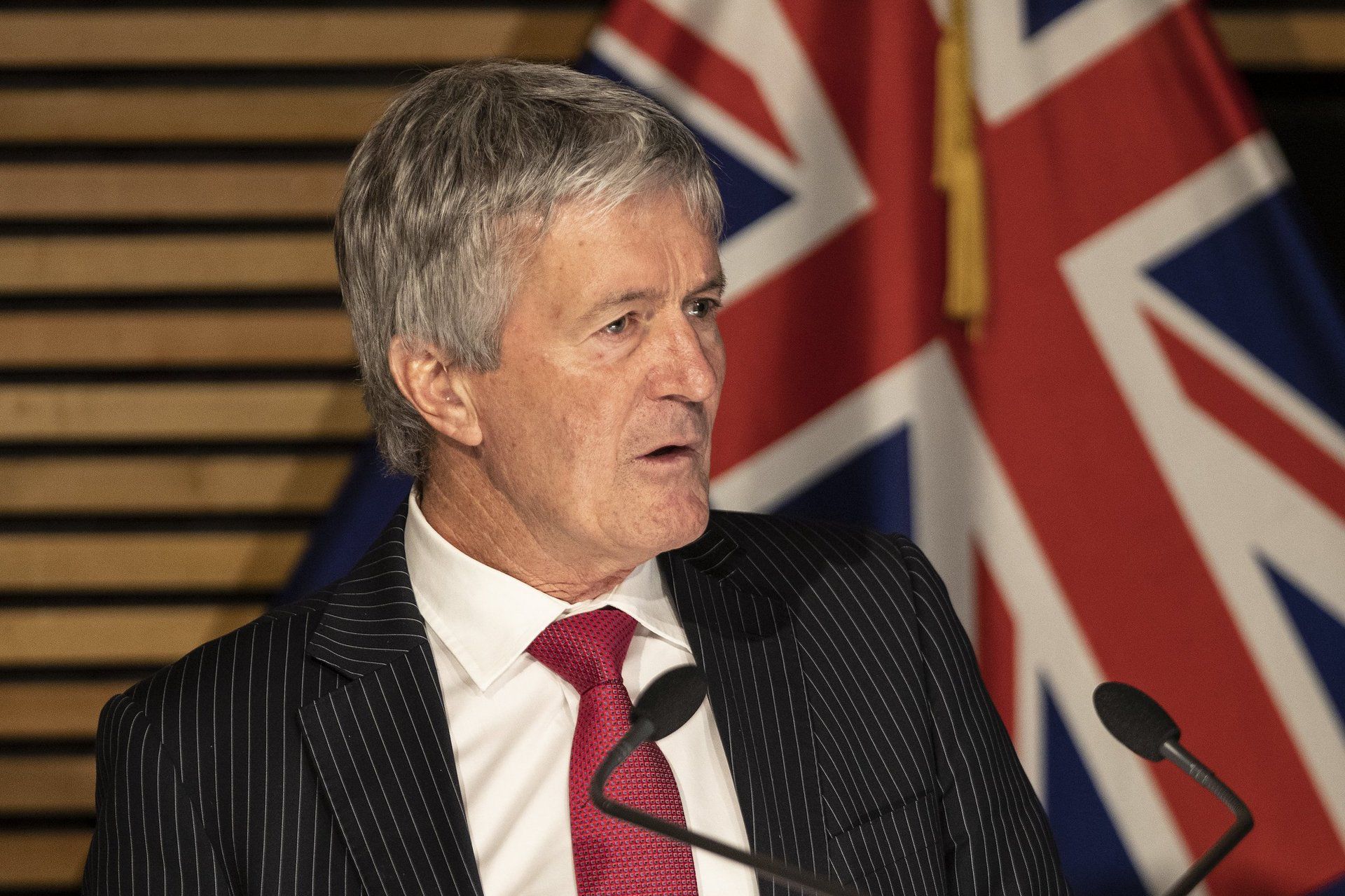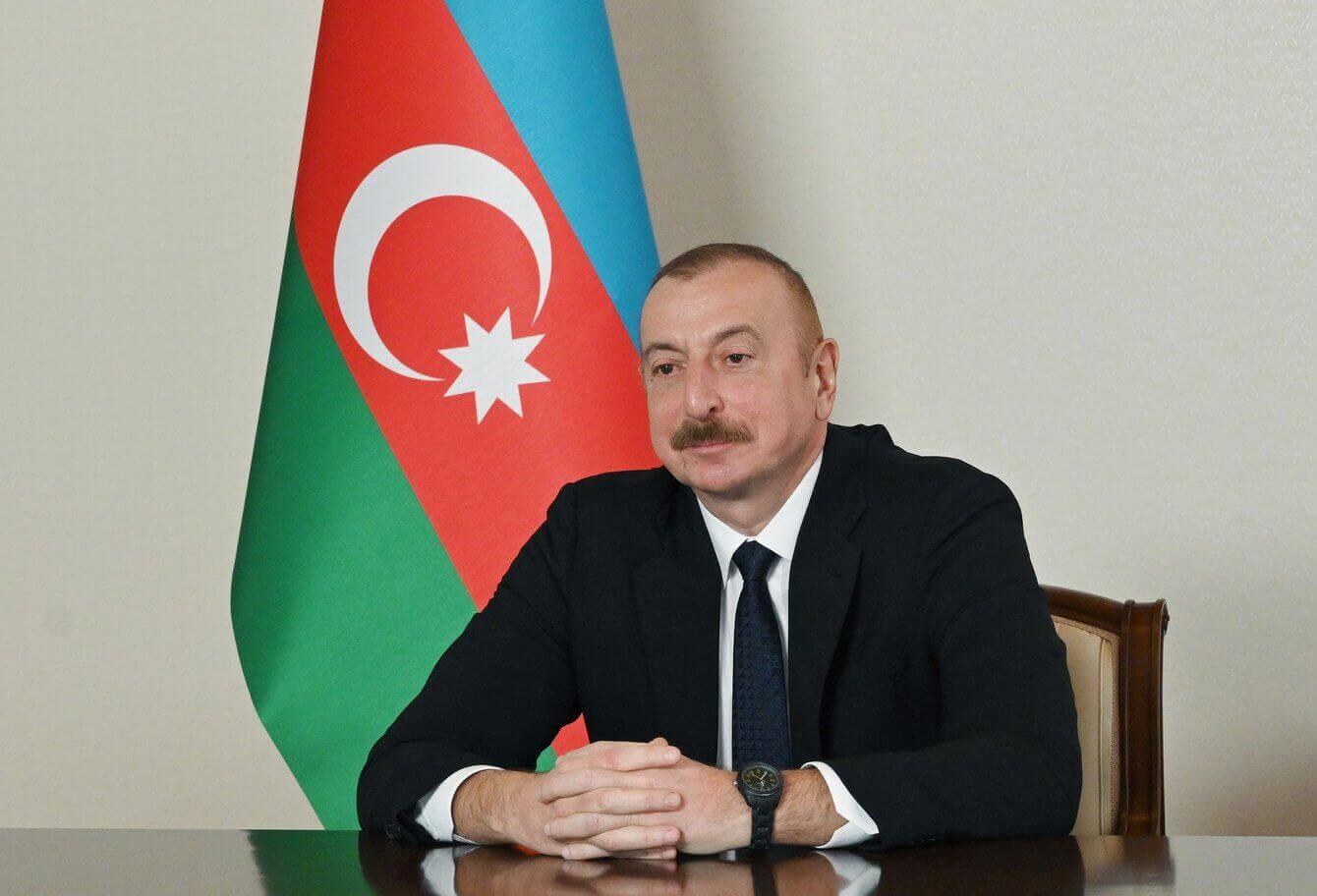South Asia
A report presented to the United States Senate Armed Services Committee predicts that relations between India and China will “remain strained” due to the violent brawl across the Line of Actual Control in 2020. The clash between the two Asian powers, which killed 20 Indian soldiers and 25 to 40 Chinese soldiers, was described as “the most serious in decades.” [NDTV]
On Wednesday, the Indian Supreme Court ordered a stay on all sedition cases pending its assessment of the 162-year old colonial law. The court asked states not to file any cases under the law, which criminalises any acts that incite “hatred or contempt” against the government. [Times of India]
Central Asia and the Caucasus
An investigative report by RFE/RL found that Tajik authorities have been secretly ordering universities to draft hundreds of students into the army. As a result, university officials are pressuring students to enlist and have been threatening to expel students who refuse. [RFE/RL]
United States Secretary of State Antony Blinken on Wednesday held a phone conversation with Azerbaijani President Ilham Aliyev to discuss recent efforts towards restarting peace talks between Armenia and Azerbaijan over the disputed Nagorno-Karabakh region. Blinken reiterated that Washington stands ready to help both parties to “find long-term comprehensive peace.” He also discussed “the important role Azerbaijan continues to play in European energy security.” [US Department of State]
East and Southeast Asia
New South Korean President Yoon Suk-yeol said on Wednesday that the security situation on the Korean peninsula is difficult and cited the possibility of a nuclear test by the North. “The security situation is tough, with many from abroad also concerned amid talk of (North Korea) resuming the nuclear tests,” Yoon said. [The Straits Times]
In response to the World Health Organisation Director-General Tedros Adhanom Ghebreyesus’ remarks that China’s zero-COVID strategy is “unsustainable,” Chinese foreign ministry spokesperson Zhao Lijian said on Wednesday that “we hope relevant people can view China’s anti-COVID policies in a rational and objective way, learn more facts and avoid making irresponsible remarks.” [Global Times]
Europe
India and the United Kingdom (UK) completed their third round of negotiations on a Free Trade Agreement, during which a draft treaty was proposed and technical experts discussed 60 separate sessions on 23 policy issues. The next round of talks will be conducted in the UK in June 2022. [UK Government]
Ukraine will hold its first war crimes trial of a captured Russian soldier amid intense fighting between Ukrainian and Russian forces. Prosecutor General Iryna Venediktova said on Wednesday that her office has charged a Russian soldier for killing a 62-year-old unarmed Ukrainian civilian on February 28. [Associated Press]
European Commission Executive Vice President Valdis Dombrovskis said Ukraine’s post-war reconstruction would require approximately $530-630 billion. In this regard, Dombrovskis pledged the European Union’s (EU) meaningful and significant support, noting the Union’s proposal due to be announced later this month facilitating infrastructure construction and structural reforms required for Ukraine’s EU membership. [Politico]
Latin America and the Caribbean
Human rights organisation Jesuits' Missing Migrant Search Program (SJM) reported that the number of missing foreign migrants in Mexico nearly quadrupled from 89 to 349 between 2020 and 2021. Nearly 75% of those who have been located have been found in temporary housing or immigration detention centres. Most of them hail from El Salvador, Honduras, Guatemala, Cuba, Venezuela, and Ecuador. The SJM’s coordinator, Adrian Estrada, said that harsh immigration policies have in fact “increased cases of detention and of (the migrants) not being able to communicate,” which has, in turn, culminated in higher reporting of disappearances by relatives. [Reuters]
On Tuesday, Chile’s Chamber of Deputies ratified the Escazú Environmental Agreement, which was first drafted by Latin American and Caribbean nations in 2018. The agreement promotes greater transparency regarding potentially harmful projects (e.g. by copper and lithium companies) and environmental policies, and increased accountability for those violating regulations. President Gabriel Boric prioritised the signing of the agreement soon after assuming office in March 2022, given that his predecessor, Sebastián Piñera, had refused to do so. [Telesur]

Middle East and North Africa (MENA)
Five Egyptian soldiers and seven Islamist militants were killed in the Sinai region on Wednesday, the army said. This is the third attack conducted by jihadists in the region in less than a month. On Saturday, 11 soldiers were killed in the Sinai in an attack by Islamic State militants and earlier this month, ISIS blew up a natural gas pipeline in the Sinai, which caused a major fire in the area. [AFP]
The United Nations on Wednesday raised $33 million towards a salvage operation for the decaying FSO Safer oil tanker, which has been moored off the coast of Yemen since 2015. However, the amount collected fell way short of the intended target of $144 million. The UN has warned that the rusting tanker is at imminent risk of spilling about 1.1 million barrels of oil and causing an environmental and humanitarian catastrophe. [Associated Press]
North America
The United States (US) Senate on Wednesday failed to pass a bill guaranteeing abortion rights across the country. President Joe Biden said in a statement after the vote that lawmakers had “chosen to stand in the way of Americans’ rights to make the most personal decisions about their own bodies, families and lives.” “While it did not pass today, my Administration will not stop fighting to protect access to women’s reproductive care,” he said. [Global News]
A US appeals court ruled on Wednesday that California’s ban on the sale of semiautomatic weapons to citizens under 21 is unconstitutional. Judge Ryan Nelson of the San Francisco-based 9th US Circuit Court of Appeals wrote that the law violates the 2nd Amendment right to bear arms and that “America would not exist without the heroism of the young adults who fought and died in our revolutionary army.” “Today we reaffirm that our Constitution still protects the right that enabled their sacrifice: the right of young adults to keep and bear arms,” he said. [NPR]
Oceania
On Thursday, Australian Senator Rex Patrick urged Minister for Foreign Affairs Marise Payne to reaffirm “solidarity with Ukraine” and reopen the Australian embassy in Kyiv, which was closed on February 22 amid heightened security concerns. Patrick further warned Payne against using the federal election campaign as an excuse to delay the embassy’s reopening in Ukraine. Around 27 countries have reopened their consulates, with South Korea being the most recent. [Sky News]
New Zealand’s Minister for Trade and Export Growth, Damien O’Connor, said the country had initiated a dispute settlement mechanism against Canada over its implementation of dairy tariff rate quotas, which are inconsistent with its commitments under the Comprehensive and Progressive Agreement for Trans-Pacific Partnership (CPTPP). Canada’s implementation of dairy tariffs has restricted market access for New Zealand exporters, resulting in significant losses. [New Zealand Government]
Sub-Saharan Africa
14 of the largest African economies—including Nigeria, South Africa, Kenya, Egypt, Mauritius, and Burkina Faso—have come together to create a unified cross border securities trading platform called the African Exchanges Linkage Project. Participating nations hope that the new initiative, established under the auspices of the African Development Bank and the African Securities Exchange Association, will deepen bond markets and attract foreign investors. [The Nation]
The Ghana Statistical Service (GSS) reported a record high inflation rate of 23.6%, the highest in the country since January 2004. Key sectors such as transport (33.5%), food & beverages (25.6%), gas and other fuels (25%), housing, and electricity are experiencing inflationary pressures that are even higher than the national average. Government statistician Samuel Kobina has called on the government to address the rise in prices of essential items. [African Eye]

